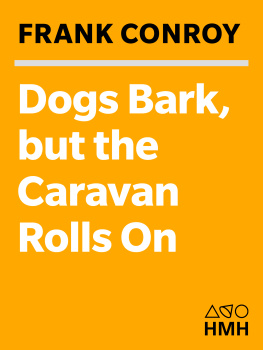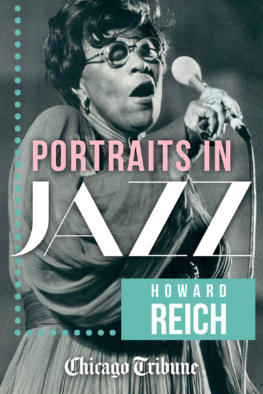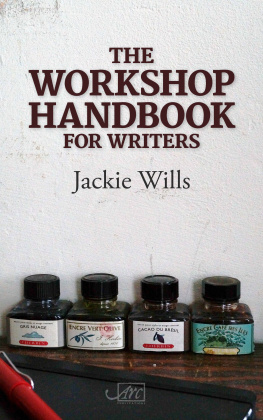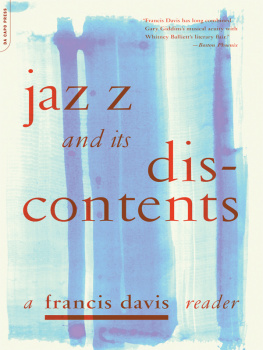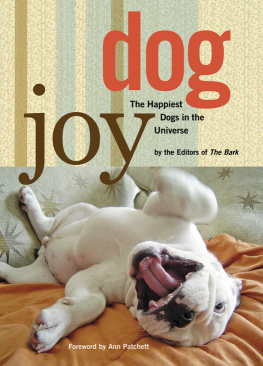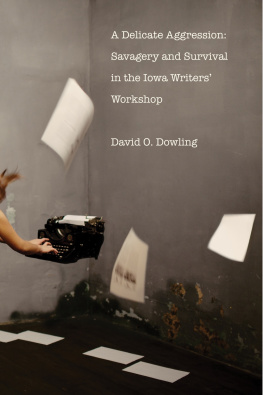Copyright 2002 by Frank Conroy
All rights reserved
For information about permission to reproduce selections from this book, write to or to Permissions, Houghton Mifflin Harcourt Publishing Company, 3 Park Avenue, 19th Floor, New York, New York 10016.
hmhco.com
The Library of Congress has cataloged the print edition as follows:
Conroy, Frank, date.
Dogs bark, but the caravan rolls on: observations then and now / Frank Conroy.
p. cm.
ISBN 0-618-15468-x
I. Title.
PS 3553.05196 D 64 2002
814.54dc21 2001051884
e ISBN 978-0-544-11520-0
v2.0518
The following stories also appeared, in slightly different form, in these publications: Esquire: My Generation, Marsalis at Twenty-three, The Serkin Touch, Scouts Honor, The Basic Imperative: GQ: Father, Running the Table, My Teacher, My Harlem, Great Scott; Parenting: Father Thoughts; Glamour: A New Father, The Mystery of Coincidence; Harpers Magazine: Think About It; New Times: Jarrett; New York Times Magazine: Hip Vaudeville, Marsalis at Thirty-four.
The Writers Workshop previously appeared in On Writing Short Stories, edited by Tom Baily; Small-Town America in Small Town America: The Missouri Photo Workshops, 19491991, edited by Cliff and Vi Edom and Verna Mae Edom Smith; Me and Conroy in Whos Writing This?, edited by Daniel Halpern; Leaving New York in Leaving New York: Writers Look Back, edited by Kathleen Norris.
For the elders
Hanne, Ellen and India
And the newcomers
Nicholas and Jonathan
Acknowledgments
I want to thank Larry Cooper for his help. He sees what others do not see, and hears what others do not hear. My thanks also to Neil Olsen for his patient support.
A Note on the Title
I CANT REMEMBER where I first saw the aphorism Dogs bark, but the caravan rolls on. Some years ago in a book, perhaps, addressed to a writer whose work had been trashed by a reviewer. At lunch with Malcolm Bowie, the critic and Oxford don, I wondered aloud at its provenance. He held his knife and fork aloft and looked into the middle distance. Proust used it, I think. A pause. From the Arabian Nights, maybe. A month later he sent me the relevant pages from A la Recherche du Temps Perdu, with a note that one of his reference books defined its meaning as, People may carp, but carpers are soon forgotten. It is possibly an Arabian proverb. The reference-book meaning seems fine, if brief. Proverbs often have a kind of elasticity, which may be why they are proverbs to begin with.
The observer as dog. Ive got no problem with thatIve had seven dogs in my life and was fond of them all. The one I have now seems particularly intelligent, comports herself with dignity and can read minds (at least the minds, on occasion, of myself and my wife). Useful characteristics, certainly, for any writer attempting to observe the world and scribble something down. No problem with dogs.
The bark is where it starts to open up. Watchdogs bark to announce the possibility of a threat of some kind on the periphery of their territory. There are writers, journalists and reviewers who seem spurred by similar motivesto protect the sanctity of art from the barbarians, even if the barbarians are artists. I like to think I havent done this.
There is another kind of bark, of course, many different kinds of barks, as dog people know. The ordinary dogs bark of excitement, the bark of eagerness, interest and anticipationthese seem especially appropriate in terms of what I imagine myself to have been doing writing about this and that, one thing or another, all these years.
It would be nice to have the original proverb in its original language. All the difference in the world between and the caravan... and but the caravan... In the former the dogs might be celebrating the forward movement, in the latter perhaps trying to arrest it. In any event, I take it the dogs are asserting themselves. The caravan is time flowing endlessly on, while the dogs bark from specific points of time. The caravan is mysterious, with who knows what inside the closed wagon.
I say wagon because almost forty years ago I lived in England, in a cottage in Surrey near the large house where Constance Garnett had done her translations from Russian. Behind my cottage was a thickly wooded hillside, which I would sometimes explore. Late one afternoon I came across a faint but definite track deep in shadow. I sat on a rock to rest, and after a few moments a closed black wagon pulled by a single horse emerged silently from around a curve. It was followed by a man on foot, followed by other silent wagons and silent men, none of whom so much as glanced at me. Gypsies. A Gypsy caravan moving through the woods.
2001
Some Observations Now
I N 1968 a pal of mine who worked for The New Yorker was sent to cover the Democratic convention in Chicago. During the infamous police riots he was struck two or three times by a cop with a nightstick, and when he managed to get back to his hotel he found himself pissing blood. He eventually recovered, wrote his piece and left out the attack on himself. Michael, I asked my always elegantly dressed, highly polite friend, how could you leave it out? You werent protesting. It shows the scope of the violence. Its important. He respectfully disagreed. I wasnt sent to write about myself, he said, with a certain amount of hauteur. New Journalism was in the air back thenan approach in which the observer was taken to be as important, or more important, than the stuff observed (Tom Wolfe, for instance, writing about auto shows, well before taking on the more ambitious role of American Balzac). The New Yorker frowned on New Journalism. People took sides. I never did, whether from laziness or a reluctance to box myself in, I dont know. I dealt with each piece I wrote as seemed appropriate at the time.
The closest I came to New Journalism was probably a long piece (endlessly long, in fact) about the late movie star Steve McQueen, written for what was then considered not the best but the hippest magazine around, Esquire. McQueen, whom I had never thought much of as an actor, turned out to be a nice guy. Unassuming, straightforward, easygoing if a touch wired, he was good company. We had fun riding 250 cc dirt bikes in the desert around Palm Springs, drinking beer, eating Mexican food at out-of-the-way joints and swimming in the pool behind his Palm Springs house, his getaway pad (his mansion was in Beverly Hills, of course). It was my first big magazine piece. Still in my twenties, I was thrilled by the whole experience. I left something out of my piece, though, something I knew the editors would probably like, and, so too, the readers. On my third visit to his houseCome over for lunch, he said, around elevenhe surprised me.
It was an ordinary suburban neighborhood, and I drove into the circle at precisely eleven A.M. , parked the car and rang his front door bell. After a long time the door opened. McQueen, his entirely naked body wet and gleaming, peeked out at the street and then looked at me. Come on back to the pool.
Was he showing off? His body was flawless, front and back, and quite beautiful. One did not have to be gay (and neither of us was) to be moved by its perfection. Was he saying he had nothing to hide to a writer who would, he knew, be writing about him? Was he asserting his freedom to do whatever he wanted to dothe kid from the orphanage who grew up to be a movie star? Was it an expression of trust? Who knows? Perhaps he just didnt think it was that important.
He lent me a pair of trunks, though, because he didnt know when his wife and kids would be back.

